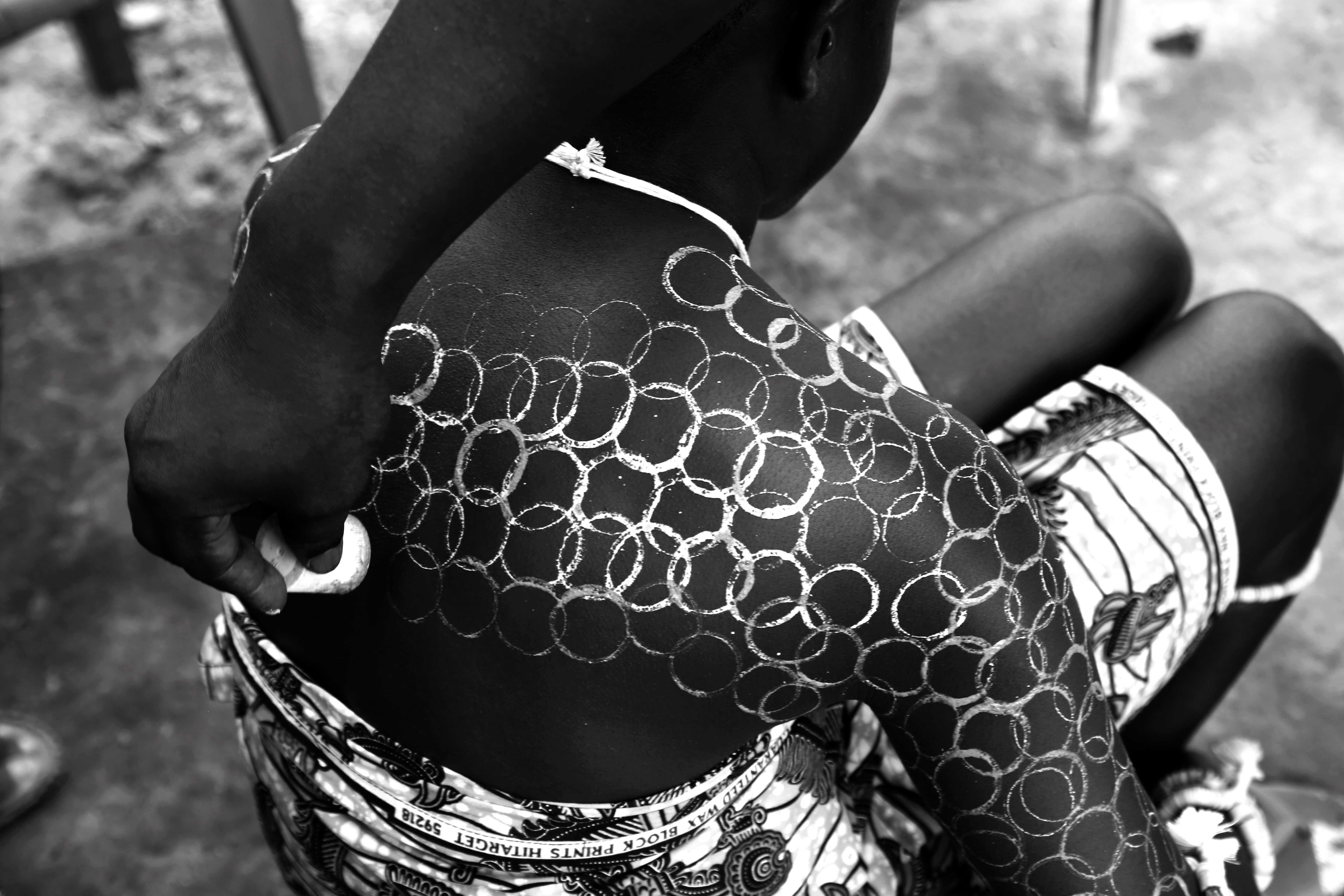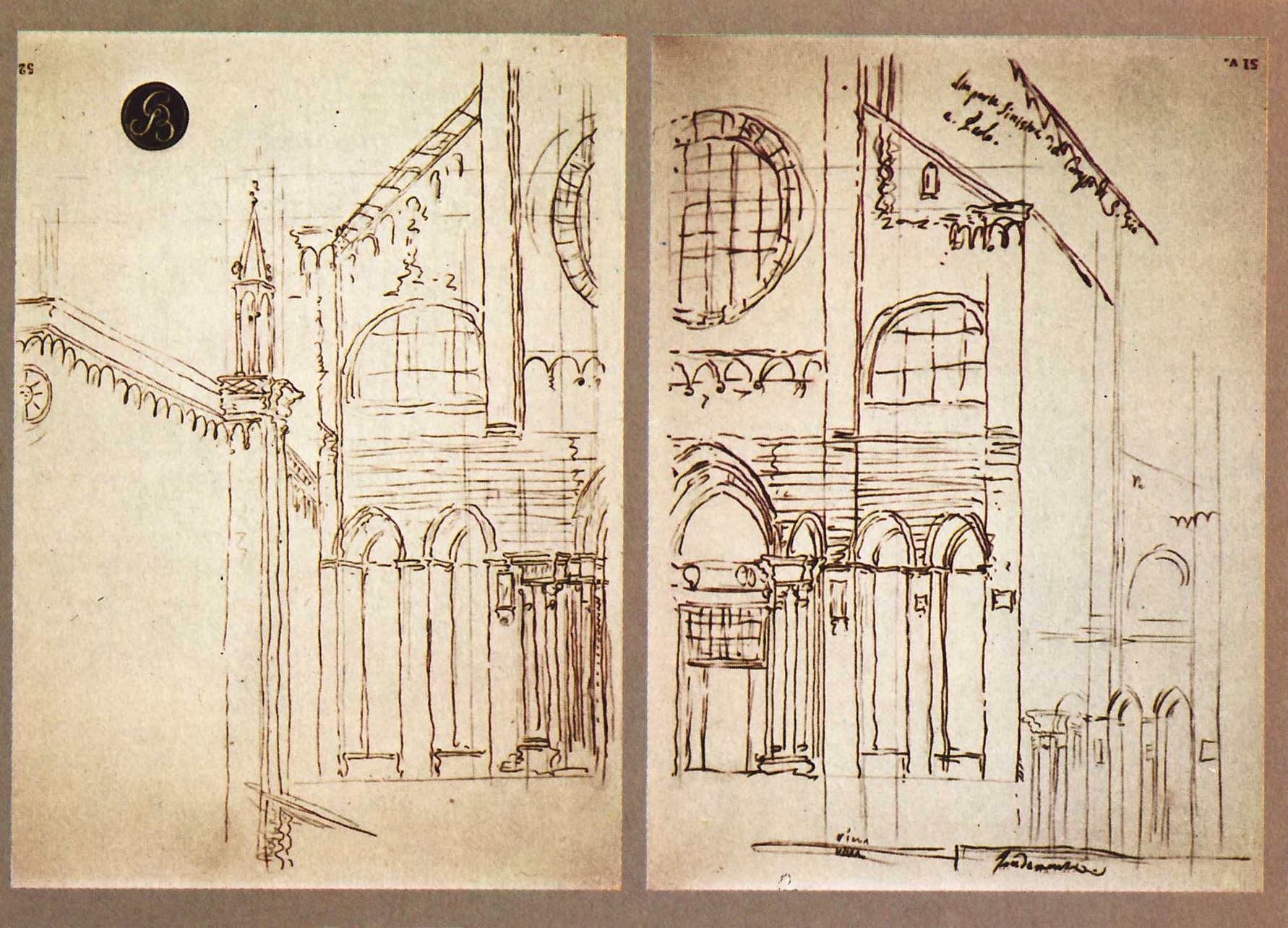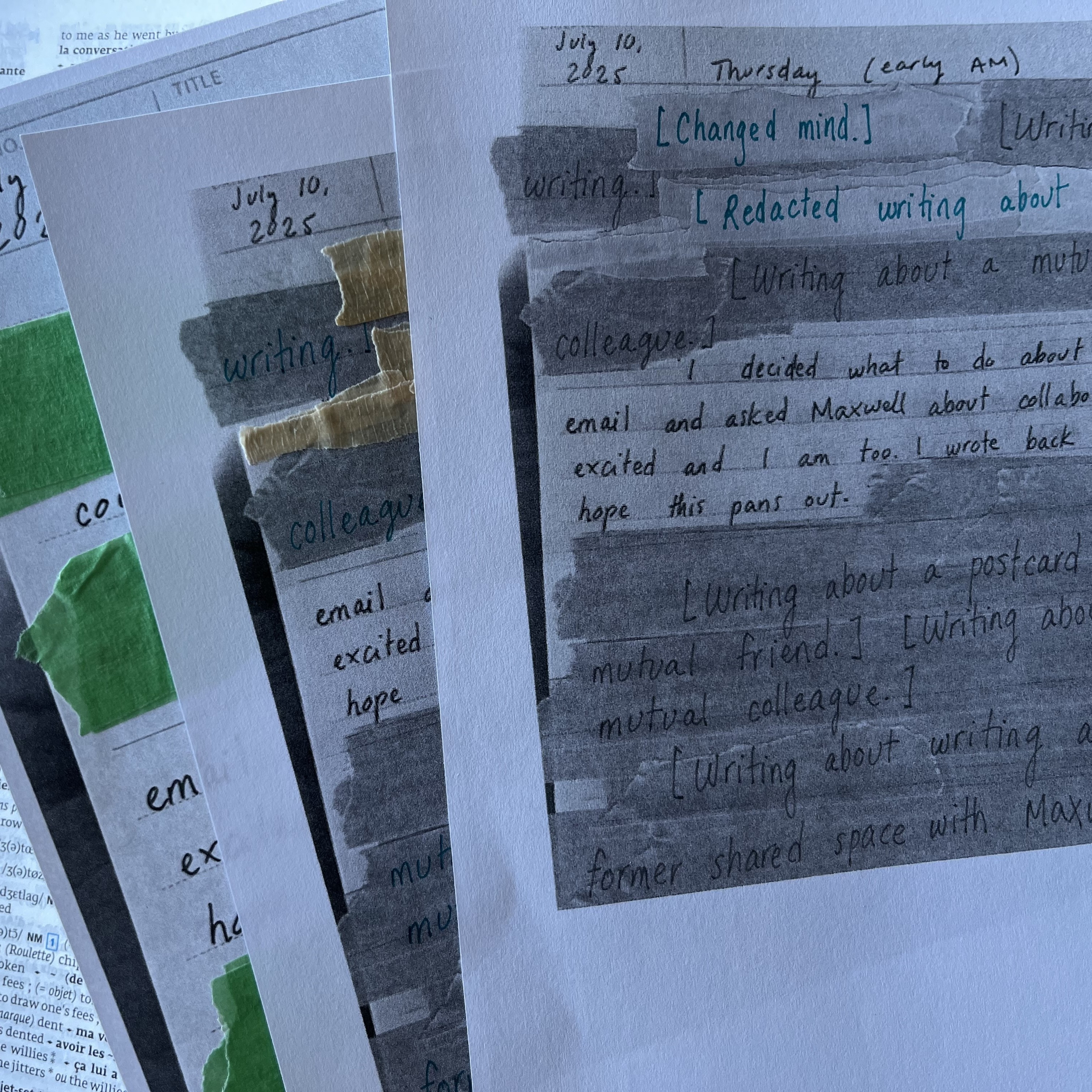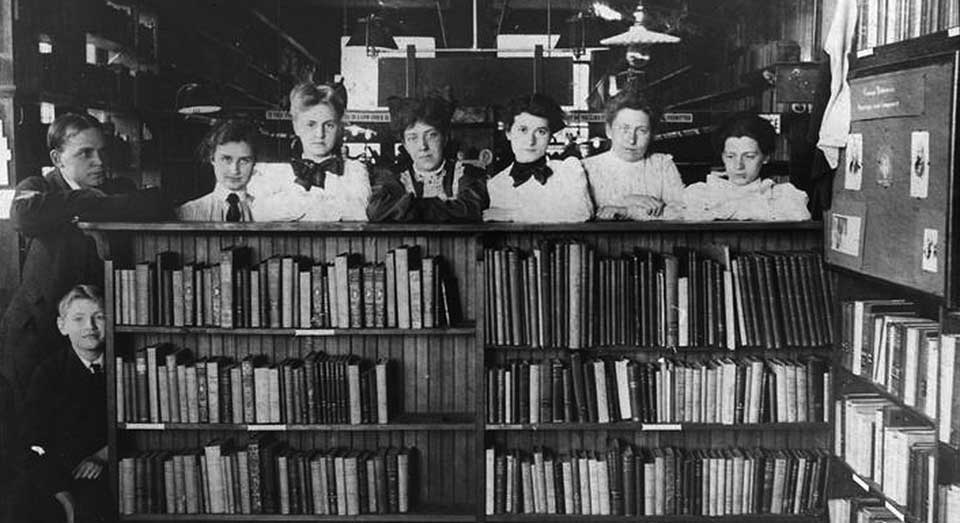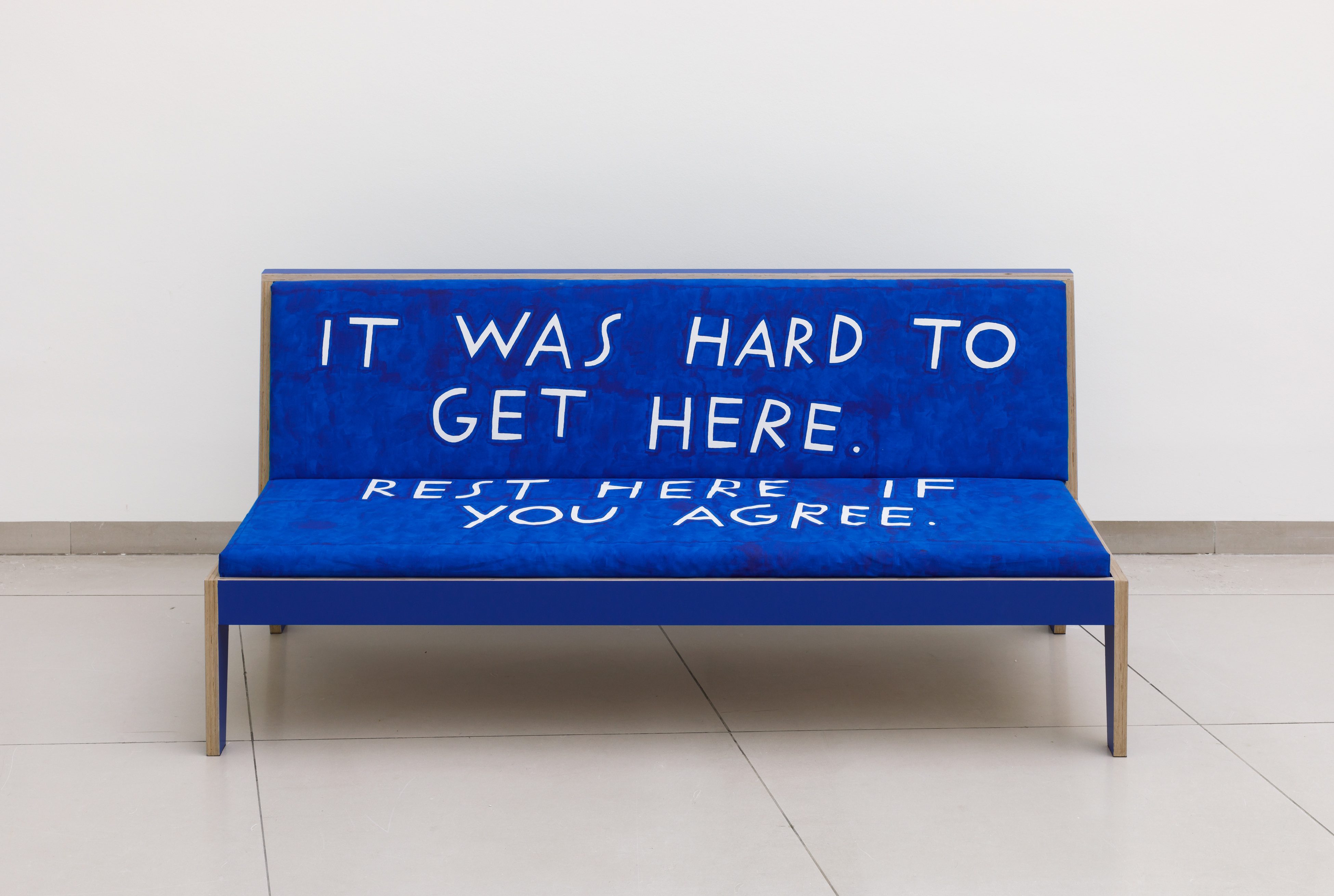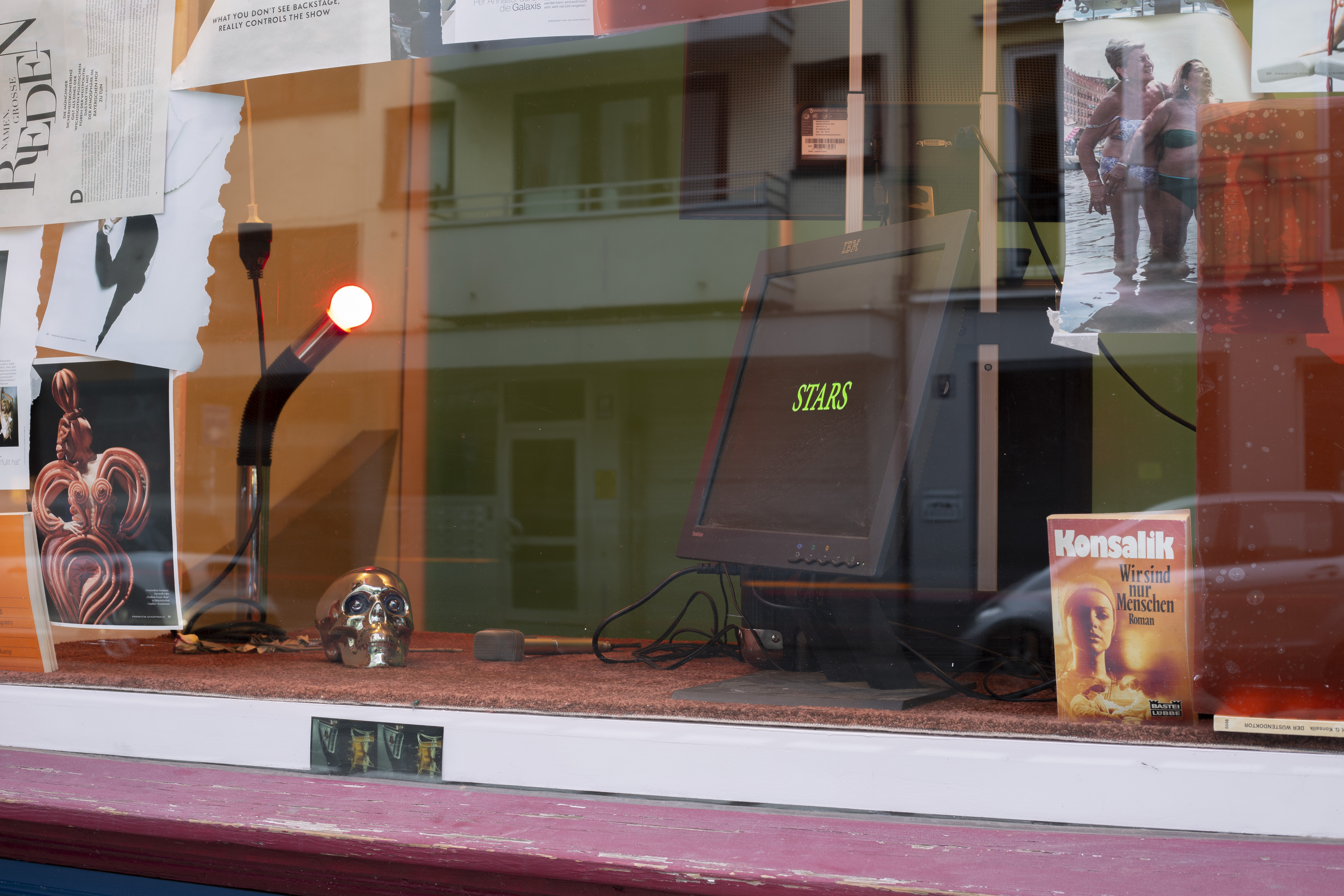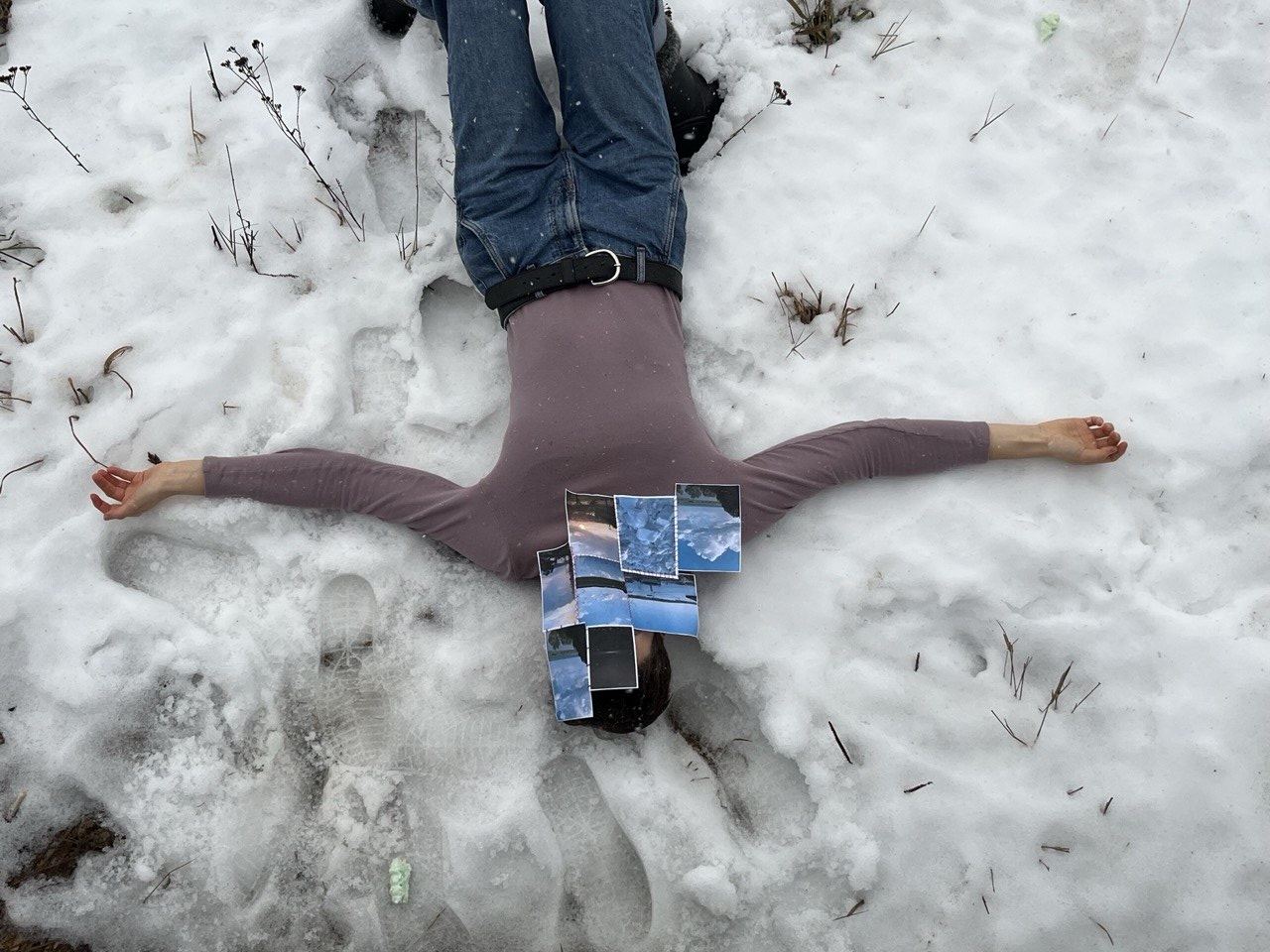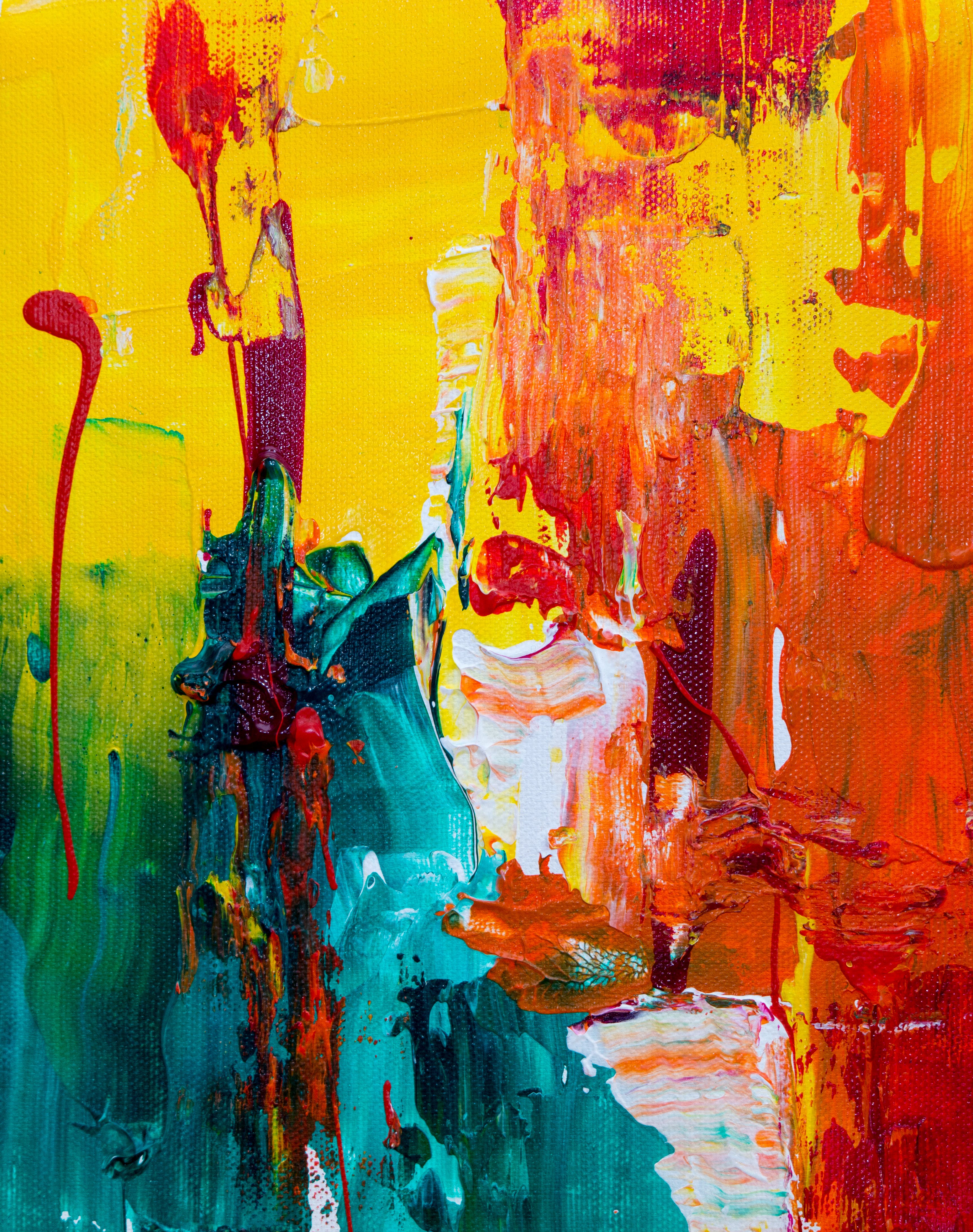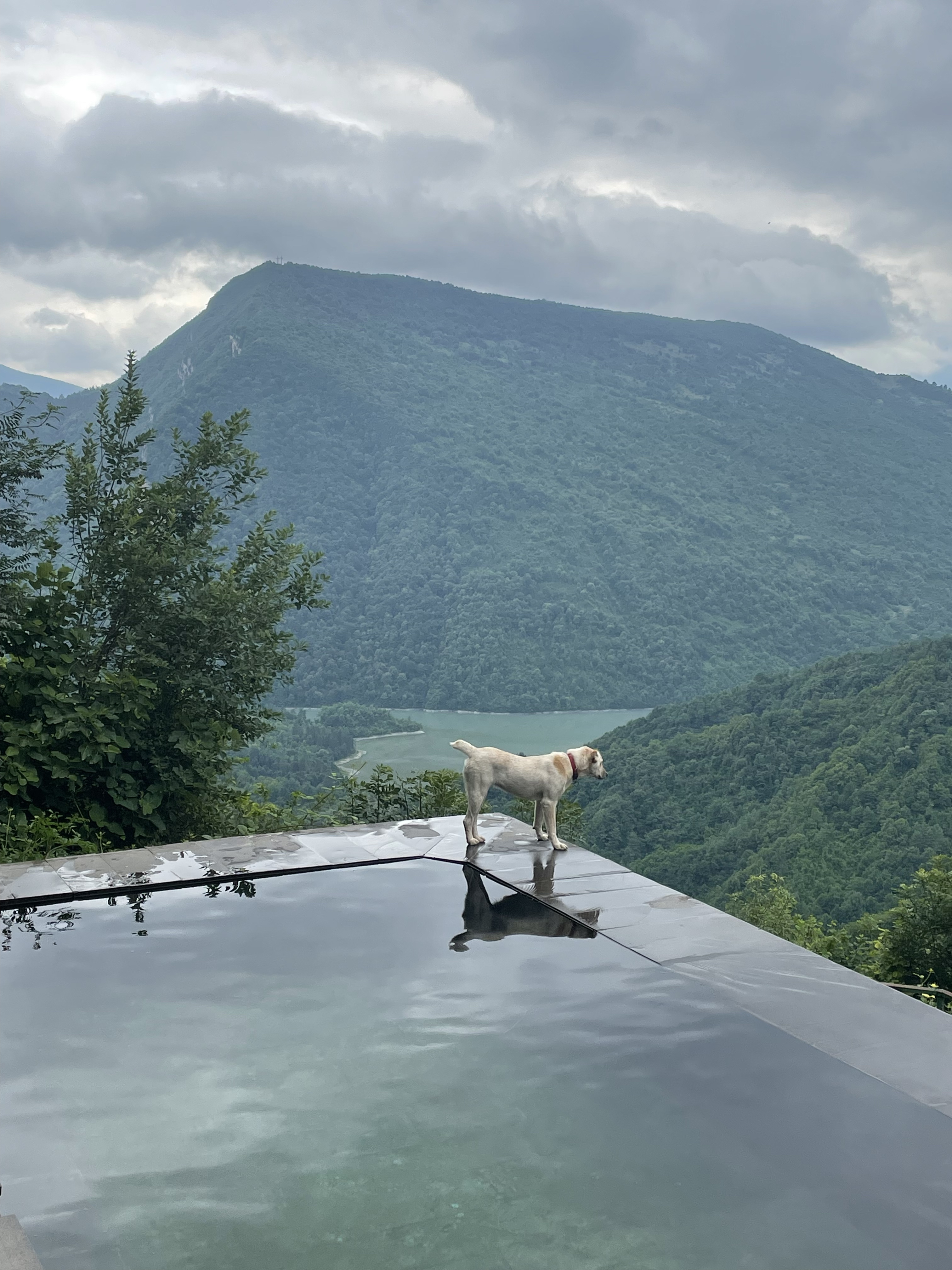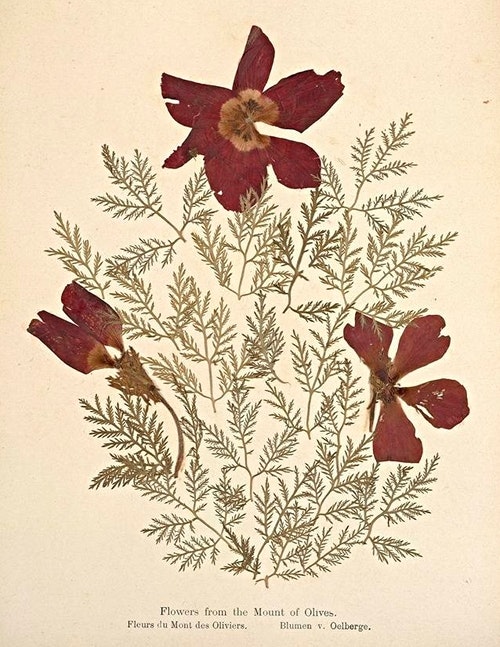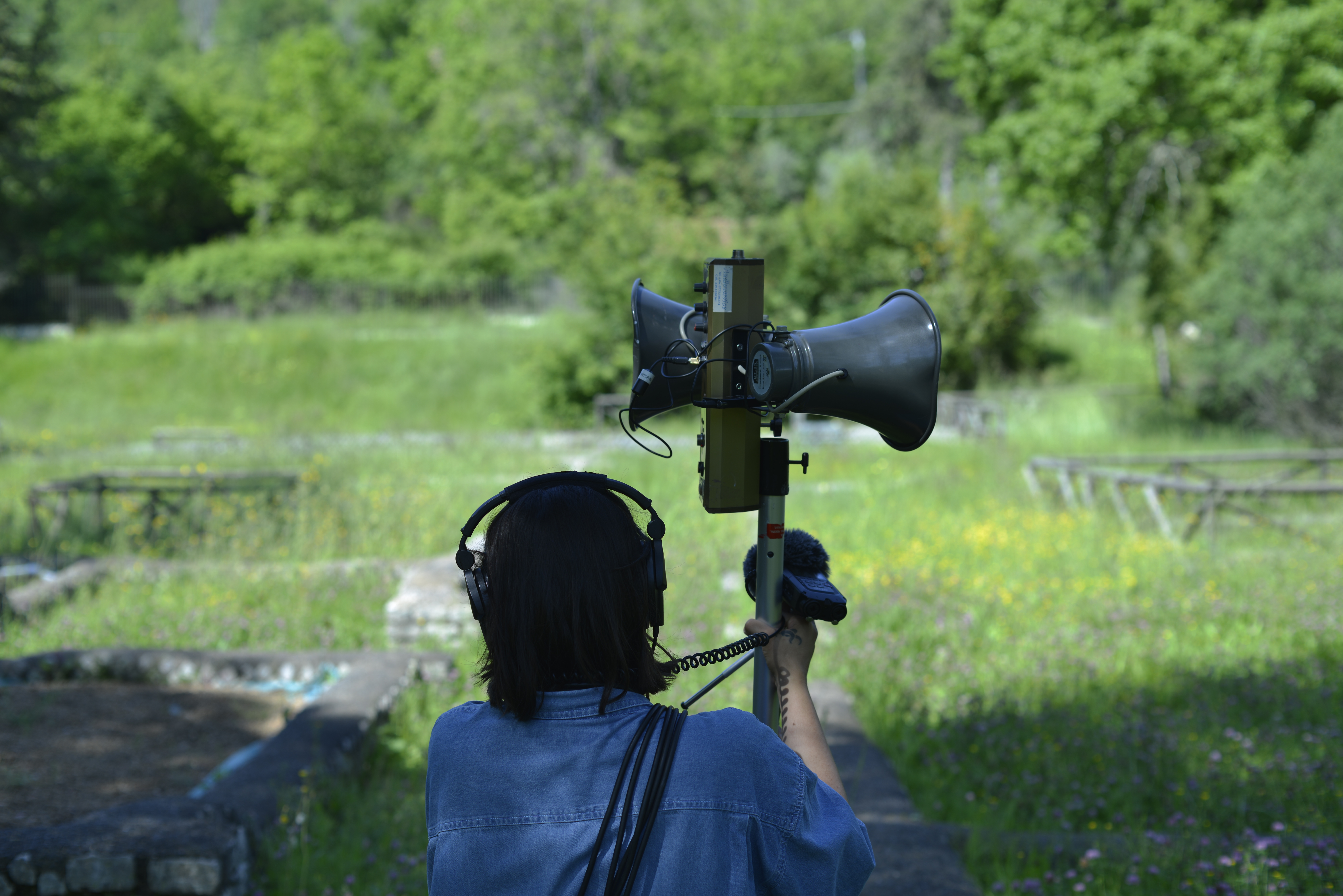Promises and Challenges of Collaborative Teaching: Crossing Cultural and Academic Boundaries
This is a retrospective essay about the experience of collaborative teaching across cultural and academic boundaries. The authors reflect on their miscommunication and the process of reconciliation as a model for the promises and challenges of decolonial collaboration. While obstacles remain to collaboration between African scholars and those in other countries, the authors argue that an open-minded approach allowing for vulnerability and personal growth presents a hopeful option for overcoming barriers and exposing students to new ways of learning in the face of enduring inequalities and differences. The authors offer an account of the history of their interactions, beginning with some uncomfortable exchanges and failed collaboration, but leading to more encouraging, collaborative teaching and scholarly endeavors that give them hope for centering African perspectives, challenging hierarchies, and providing meaningful learning to students in Africa and Europe/North America.

